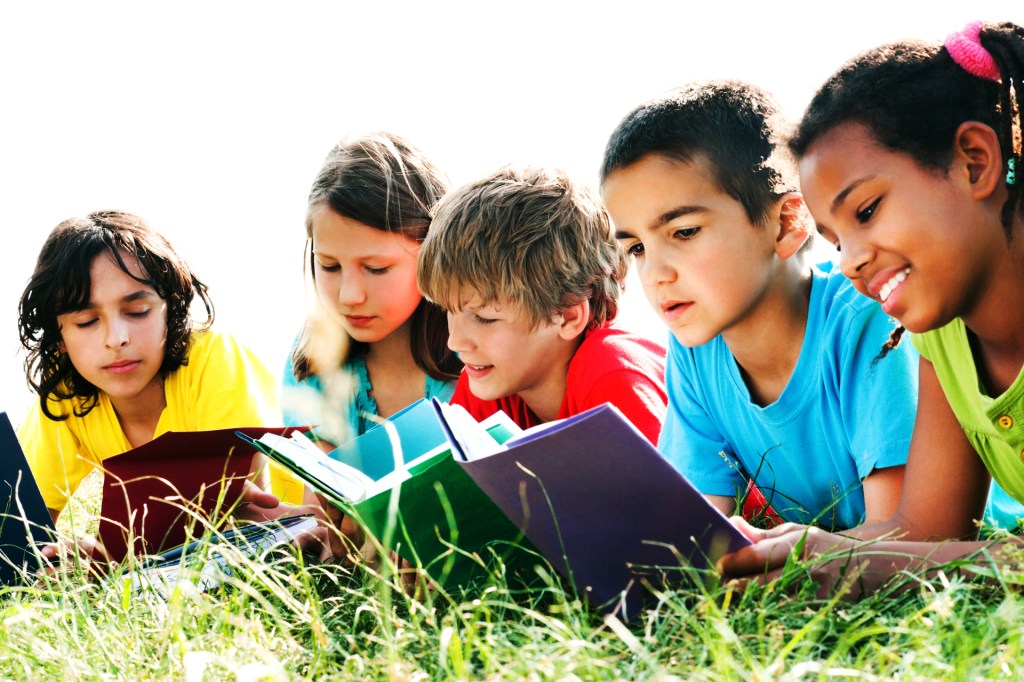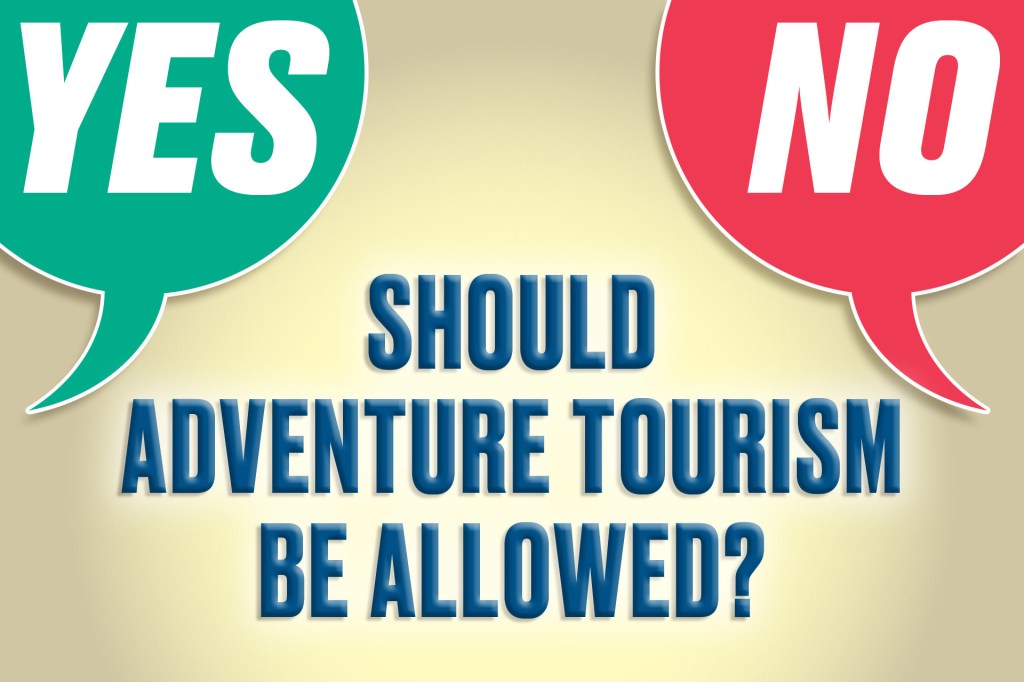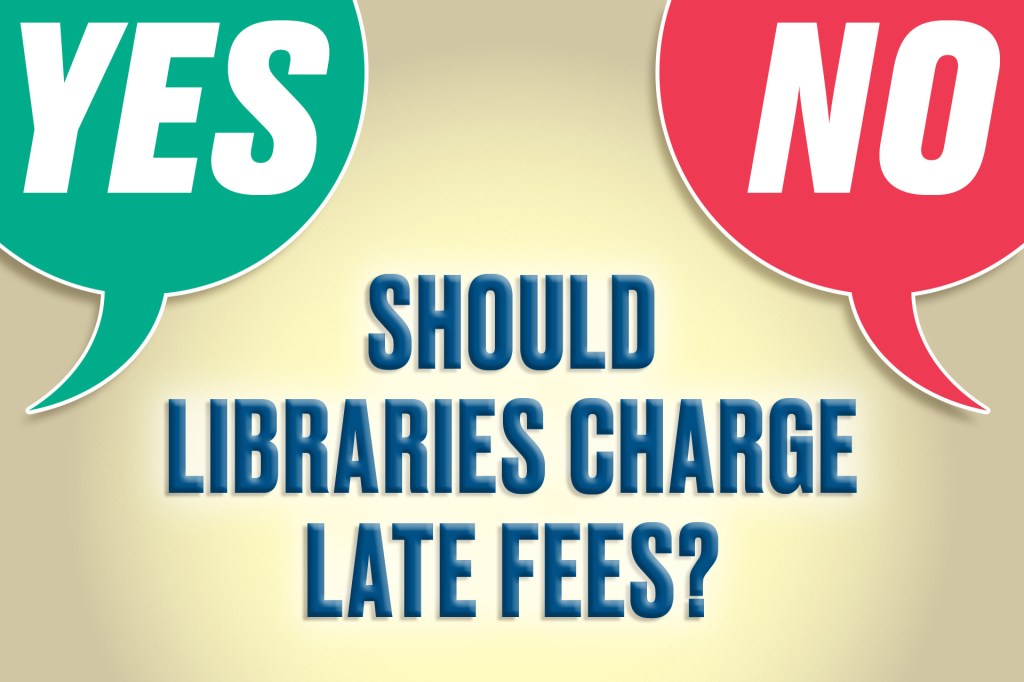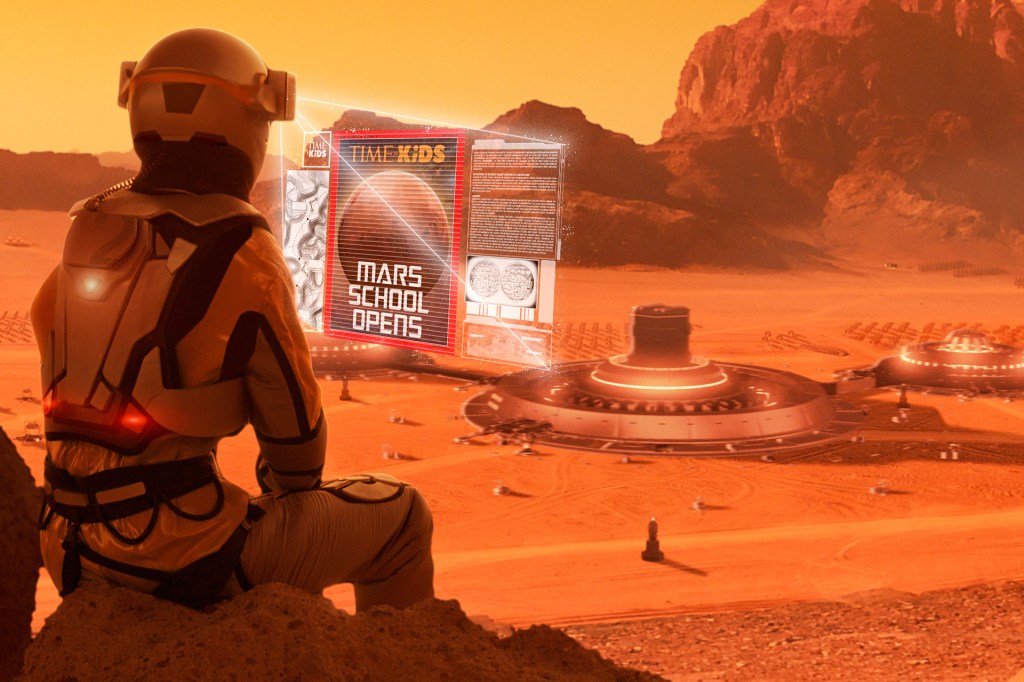
Susanna Schrobsdorff is an editor and columnist at TIME. Here, she shares her view of how lessons from Hurricane Harvey could help heal the country.

We’ve all been thinking about how to help Texas after Hurricane Harvey. But after watching the way the people of that state have responded to this tragedy, I think Texas might save the rest of us. We’ve been having a difficult time as a country lately. Then a once-in-a-thousand-year storm hit.
Videos from Texas show scenes of rescue and kindness. They are a reminder that America brims with compassion
compassion
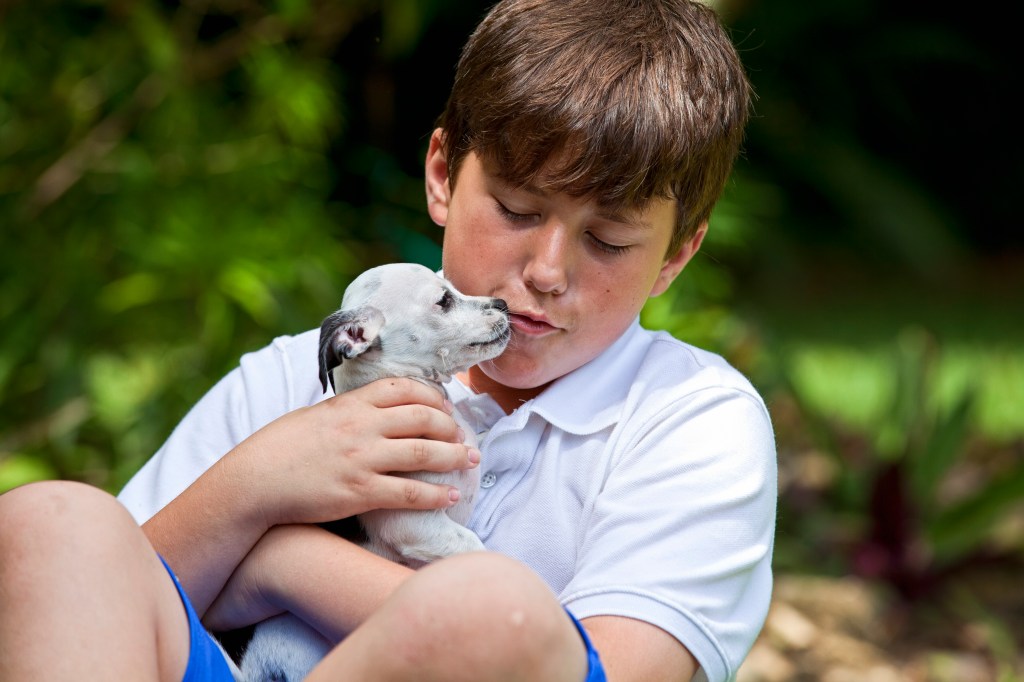 GETTY IMAGES
a feeling of sadness caused by the suffering of another; sympathy
(noun)
The boy felt compassion for the sick puppy.
—the kind that doesn’t discriminate.
You heard it in the gentle way that rescuers spoke to the traumatized people they were helping off of roofs. Those responders must have been tired and scared too, but they didn’t rush—they treated every person and even pets as precious.
GETTY IMAGES
a feeling of sadness caused by the suffering of another; sympathy
(noun)
The boy felt compassion for the sick puppy.
—the kind that doesn’t discriminate.
You heard it in the gentle way that rescuers spoke to the traumatized people they were helping off of roofs. Those responders must have been tired and scared too, but they didn’t rush—they treated every person and even pets as precious.
I can’t stop watching one particular video of a group of people who clasped hands in a line across rushing water from the shore to a truck where an older man was trapped. They worked together and encouraged each other. Once the man made his way to dry land with the help of that human chain, he sagged in exhaustion. A young guy said, “I’m going to pick you up now, if that’s okay.” Then he carried the man to a vehicle. Knowing about that bit of kindness soothes our souls.
Everyone’s
Right now, we are feeling like one tribe whose members will set out in the dark through filthy waters to save a stranger. But without a crisis, it’s too easy to slip back into our separate corners, to see people from another state or ethnicity as a threat.
But don’t lose hope. Empathy is hardwired into our species, according to Dr. James Doty, who studies the brain from inside and out as a neurosurgeon. He founded Stanford University’s Center for Compassion and Altruism
altruism
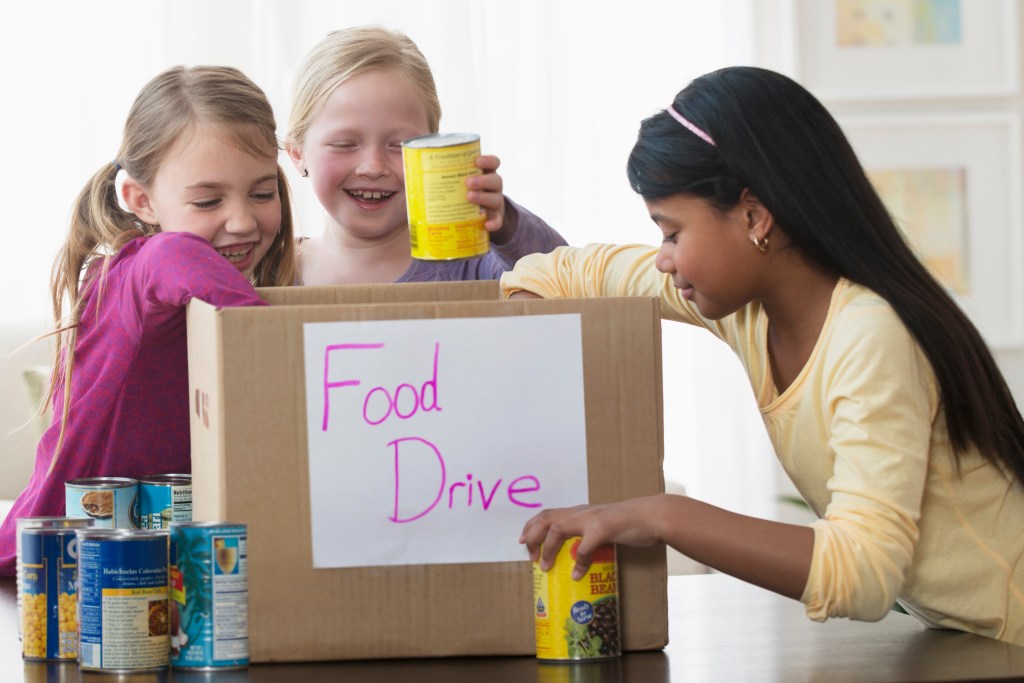 GETTY IMAGES
unselfish concern for the well-being of others
(noun)
The children showed altruism by collecting food and clothing for the homeless.
Research and Education. When we take care of one another, the brain’s pleasure centers light up, he explains. “Helping others is not only a benefit to others, but it benefits us in terms of our health and longevity
longevity
GETTY IMAGES
unselfish concern for the well-being of others
(noun)
The children showed altruism by collecting food and clothing for the homeless.
Research and Education. When we take care of one another, the brain’s pleasure centers light up, he explains. “Helping others is not only a benefit to others, but it benefits us in terms of our health and longevity
longevity
 GETTY IMAGES
length of life
(noun)
The scientists studied older people to understand the effect of exercise on longevity.
,” Doty says.
GETTY IMAGES
length of life
(noun)
The scientists studied older people to understand the effect of exercise on longevity.
,” Doty says.
Teach yourself to be compassionate, Doty advises, by listing things you have in common with someone. Maybe you both like the same band or are Chicago Cubs fans. His research indicates that exercises like this help you see yourself in another person’s face.
Rewatch some storm videos when you want to be reminded of our better angels. Over and over, you hear people being reassured as they are supported in the arms of strangers. “We’ve got you . . . I’ve got you . . . You’re okay,” they say. It’s a message all of us need to hear—and deliver—more often.




